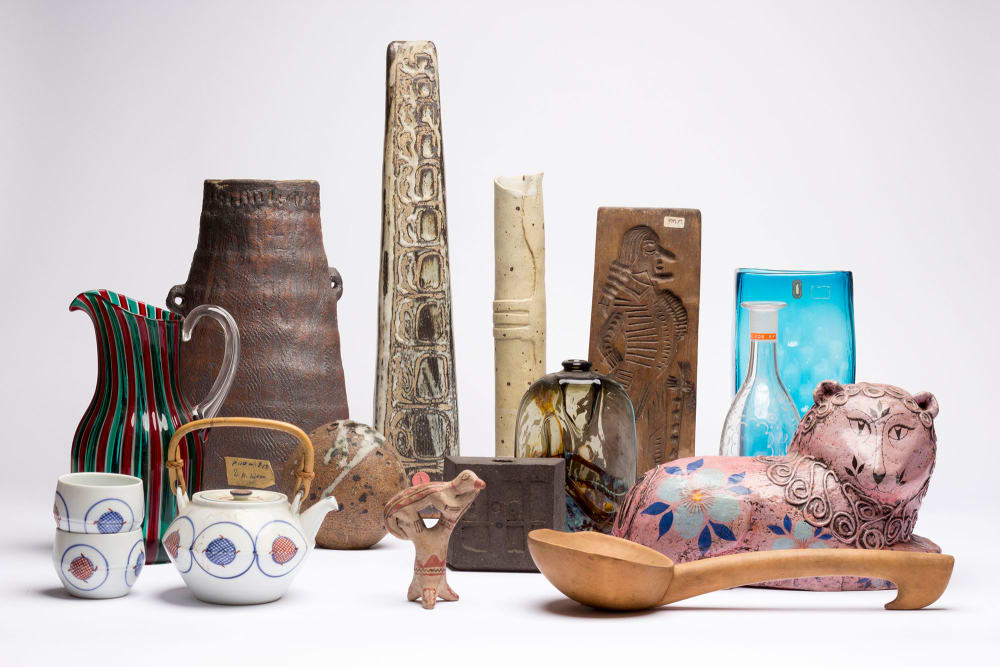I had been thinking of my research method as a ‘focus group’ and/or ‘group interview’ interchangeably. However, reading around these research methods I realised that there is a distinction between the two, and that my research aligns with using a focus group as my method.
One of the resources I looked at (see references for further methods reading) is The Good Research Guide: For Small-scale Social Research Projects by Martyn Denscombe, focussing on chapter 10 (‘Interviews’) and Appendix 4 (‘Focus Groups’). This outlines three distinctive and crucial points about focus groups (which separate this method from group interviews):
- there is a focus to the session, with the group discussion being based on an item or experience about which all participants have similar knowledge
- particular emphasis is placed on the interaction within the group as a means for eliciting information
- the moderator’s role is to facilitate the group interaction
(Denscombe 2010, p. 352)
The focus of my research project is developing good practice around mitigating archival bias in object-based learning. My chosen participants share a similar professional context – all working with archives and collections, and using these in teaching at UAL – which provides the shared experience/similar knowledge required for a focus group.
By emphasising interaction between the participants, “sharing and comparing is especially useful for hearing and understanding a range of responses on a research topic” (Morgan 2006, p. 121). The reason for generating group interaction is to create data which allows me to understand the motives behind participant views and opinions; get a broad sense of how my topic is perceived and understood; gauge the level of agreement on a topic between participants and expose any contrasting views (Denscombe, 2010, p. 354).
My role as moderator of the focus group should be to facilitate and encourage participants to talk with one another. Rather than dictating the discussion, I will be decentering myself and allowing the group to talk amongst themselves. To achieve this, during the focus group I will be taking responsibility for:
- creating a comfortable atmosphere for the discussion;
- introducing the stimulus;
- keeping the discussion on track, focused on the topic;
- encouraging participation from all members;
- ensuring there is no abuse or intimidation
(Denscombe 2010, p. 353)
I plan to use a semi-structured approach to my focus group, and will have a prepared list of issues and open-ended questions. However, these will be flexible in terms of the order they are considered and I will encourage the group to develop these ideas, speak more generally and elaborate on points of interest (Denscombe 2010, p. 175).
Denscombe sets out that focus groups should have between 6-9 participants (others, such as Kleiber (2004), say up to 12) and be 1.5-2 hours long (2010, p. 354-355). I will be following this guidance for my project.
References
Alvesson, M. (2012) Views on Interviews: A Skeptical review. In Interpreting Interviews. London: Sage. Available at: https://methods-sagepub-com.arts.idm.oclc.org/book/interpreting-interviews/n2.xml
Bell, J. and Waters, S. (2014) Doing your research project: A guide for first-time researchers. Maidenhead: Open University Press.
Denscombe, M. (2010) The Good Research Guide: For small-scale social research projects. Maidenhead: Open University Press.
Morgan, D.L. (2006) ‘Focus group’, in V. Jupp (ed.) The Sage Dictionary of Social Research Methods. London: Sage.
Morgan, D. and Lobe, B. (2011) ‘Online Focus Groups’ in The Handbook of Emergent Technologies in Social Research. Available at: https://www.researchgate.net/publication/273809338_Online_Focus_Groups [Accessed 27 October 2021]
Kleiber, P. B., (2004) ‘Focus Groups: More Than a Method of Qualitative Enquiry’ in deMarrais K. and Lapan, S. (ed.) Foundations for Research: Methods of Enquiry in Education and the Social Sciences . Mahwah: Lawrence Erlbaum Associates Inc., pp. 87-102.
Krueger, R.A., and Casey, M. A. (2009) Focus Groups: A Practical Guide for Applied Research (4th edition), Thousand Oaks, California: Sage Publications.
Vaughn, S., Schumm, J. S., & Sinagub, J. (2013). ‘Why Use Focus Group Interviews in Educational and Psychological Research?’ In Focus group interviews in Education and Psychology. Thousand Oaks: Sage.
